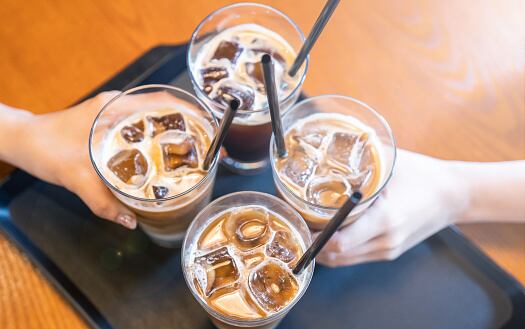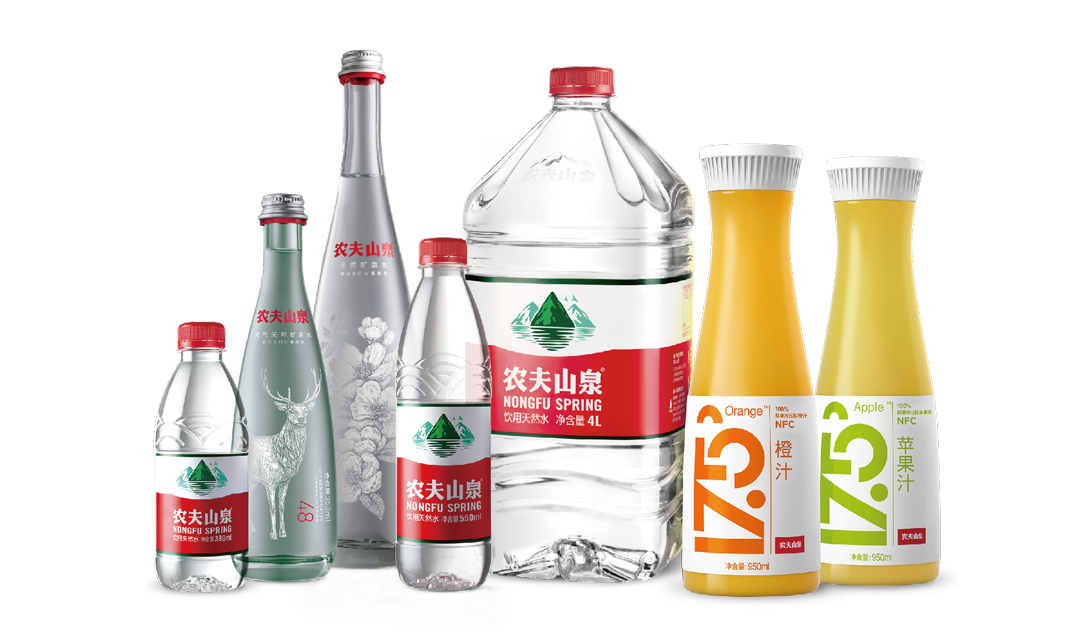The researchers found that although there exist multiple regulations in Taiwan that prohibit the sales of soft drinks in most schools, the ‘high density’ of beverage shops and convenience stores located near these school ensures that SSBs continue to remain accessible to students.
“[At] the end of 2017, there were a total of 10,662 convenience stores [and] 21,346 beverage shops [in the country], or approximately one convenience store per 2,211 persons,” they said.
The study was conducted using data on adolescent students from the Nutrition and Health Surveys in Taiwan (NAHSIT) conducted across the years 1993 to 1996 and 2010 to 2011, effectively giving the researchers access to dietary pattern changes over 18 years.
The NAHSIT data included questionnaire results from 24-hour dietary recalls, medical histories, physical activity, and parental data. SSBs analysed included coffee, tea, soft drinks, fruit drinks, energy drinks, and other drinks but not 100% juice or fruit wine.
Coffee and tea was analysed separately from the other SSBs.
“We noted that non-sweetened coffee or tea was an available option, although most teens tended to buy sweetened coffee or tea,” said the researchers.
The dietary quality of the research subjects was also analysed using a Dietary Diversity Score (DDS) to formulate six major food groups for the study: grains, dairy, beans/fish/eggs/meat, vegetables, fruits, oil and nuts. Daily nutrient intake was also recorded.
The study found that although SSB intake (excluding coffee or tea) decreased significantly across the 18 years of the study (76.4g to 27.2g for soda; 40.5g to 25.3 for fruit drinks), coffee and tea intake increased significantly (206.3g to 311g).
“Over the 18 years, coffee and tea became a significant type of SSB for adolescents: Back in 1993–1996, [these] formed approximately 56% of total SSB intake, while in 2010–2011 this increased to 75%,” said the researchers.
Effects on nutrients and nutrition
Across the board, the researchers found that participants who had higher intakes of SSBs (with or without coffee/tea) had higher serum levels of uric acid, in addition to higher carbohydrate intake, lower protein and phosphorus intake, and lower dietary diversity scores.
“Uric acid is an independent risk factor for all-cause mortality, [and] we also found higher SSB intake to reduce dietary diversity scores, [meaning that] this was associated with worse dietary quality,” said the study authors.
Alongside this, body mass index (BMI), waist circumference (WC), and fasting glucose also increased significantly for high-intake participants.
“Fructose might contribute to this effect. Usually, sucrose or high-fructose corn syrup are added to SSBs; the main contents of these two sweeteners are fructose and glucose,” said the study.
Moving forward
The authors cited the increased availability of tea and coffee at the aforementioned beverage and convenience shops as a possible reason for this increase in intake.
“[These shops sell coffee and tea], all at a price affordable to teens; [but] rarely sell soda drinks, limiting the availability of that type of SSB, [and we can see that soft drink intake has reduced significantly, possibly as a result],” they said.
Adolescents in Taiwan were found to consume over 400 g of SSBs per day in 2010-2011, and over 50% consumed coffee or tea.
“[Adolescent] consumption of SSBs is not trivial and is a habit requiring great effort to change,” said the study, advocating for better public health education for both parents and students.
Source: Asia Pacific Journal of Clinical Nutrition
Study: Increased coffee, tea, or other sugar-sweetened beverage consumption in adolescents is associated with less satisfactory dietary quality, body fatness and serum uric acid profiles over the past 18 years in Taiwan
Authors: Shih, Y.H., et. al.



